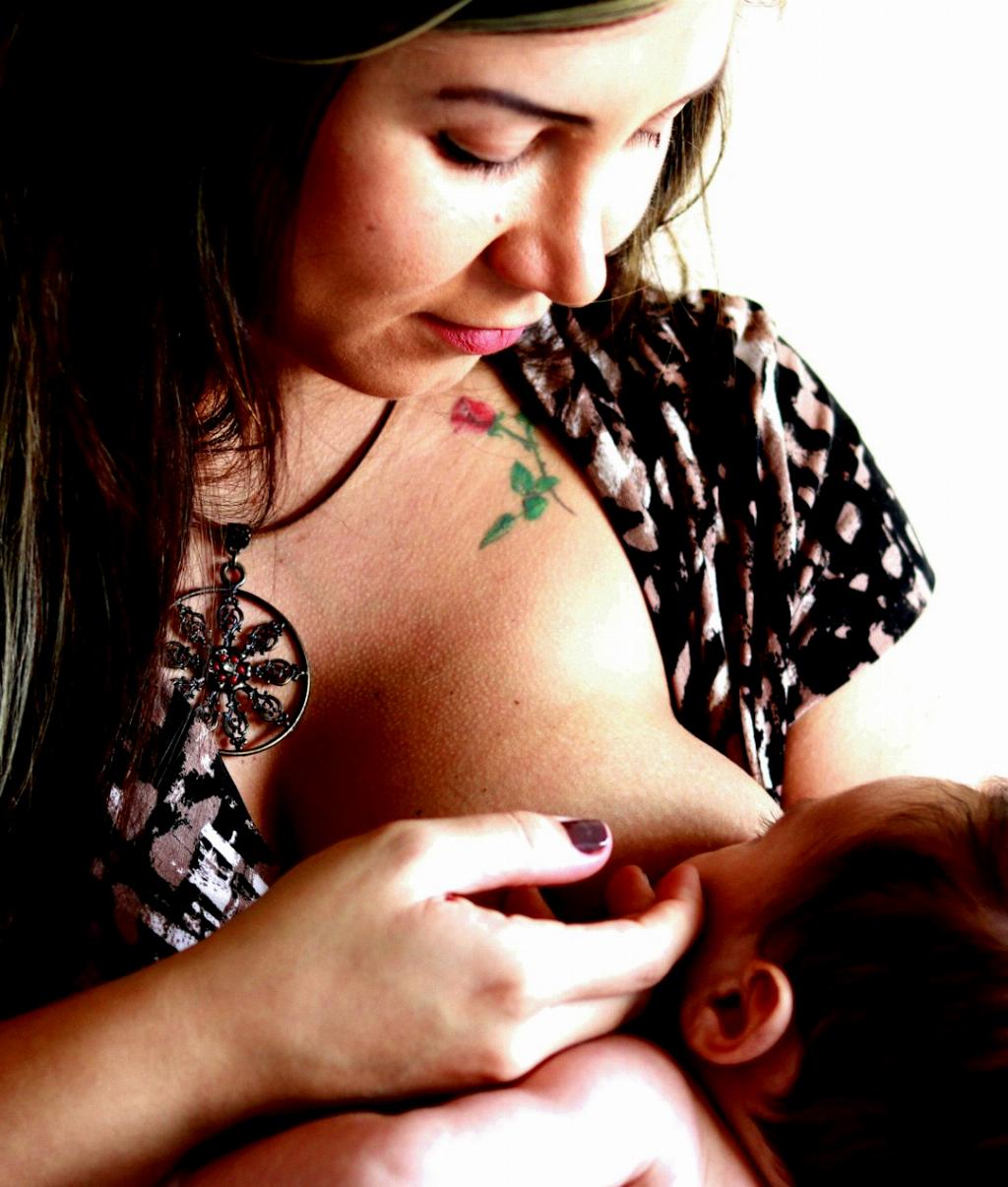Many individuals may wonder about the possibility of a mother passing hypothyroidism to her baby. The answer to this question is multifaceted and involves several factors that come into play during pregnancy and childbirth.
One crucial aspect to consider is that some babies are born with temporary hypothyroidism. This temporary condition can occur due to various reasons such as premature birth, maternal thyroid disease, or certain medications taken by the mother during pregnancy.
When a mother has a preexisting thyroid condition, such as hypothyroidism, there is a possibility that her baby may also be affected. This can happen if the mother’s thyroid hormones are not well controlled during pregnancy, leading to potential issues in the developing fetus.
It is essential for pregnant women with hypothyroidism to work closely with their healthcare providers to monitor their thyroid levels throughout pregnancy. Proper management of the condition through medication and regular thyroid function tests can help reduce the risk of complications for both the mother and the baby.
While transient hypothyroidism in infants is relatively common and often resolves on its own, it is crucial to differentiate between temporary and permanent forms of the condition. Permanent hypothyroidism in newborns may require long-term treatment and monitoring to ensure optimal growth and development.
Factors such as genetic predisposition and underlying thyroid disorders in the family history can also influence the likelihood of a baby inheriting hypothyroidism from the mother. Understanding the familial risk factors and discussing them with healthcare providers can help facilitate appropriate screening and management strategies.
In cases where congenital hypothyroidism is diagnosed in a newborn, prompt intervention is essential to prevent potential complications and support the baby’s thyroid function. Early detection through newborn screening programs can significantly impact the outcomes for infants born with hypothyroidism.
It is important to note that while maternal thyroid health plays a significant role in the development of the baby’s thyroid function, other factors such as nutrition, environmental influences, and overall maternal health can also impact the baby’s thyroid status. Maintaining a healthy lifestyle and following medical recommendations during pregnancy are crucial for the well-being of both the mother and the baby.
In conclusion, while it is possible for a mother to pass hypothyroidism to her baby under certain circumstances, proper management of the condition during pregnancy and postpartum can help mitigate potential risks. Close monitoring, early intervention, and collaboration with healthcare providers are key in ensuring the best possible outcomes for both the mother and the baby.

